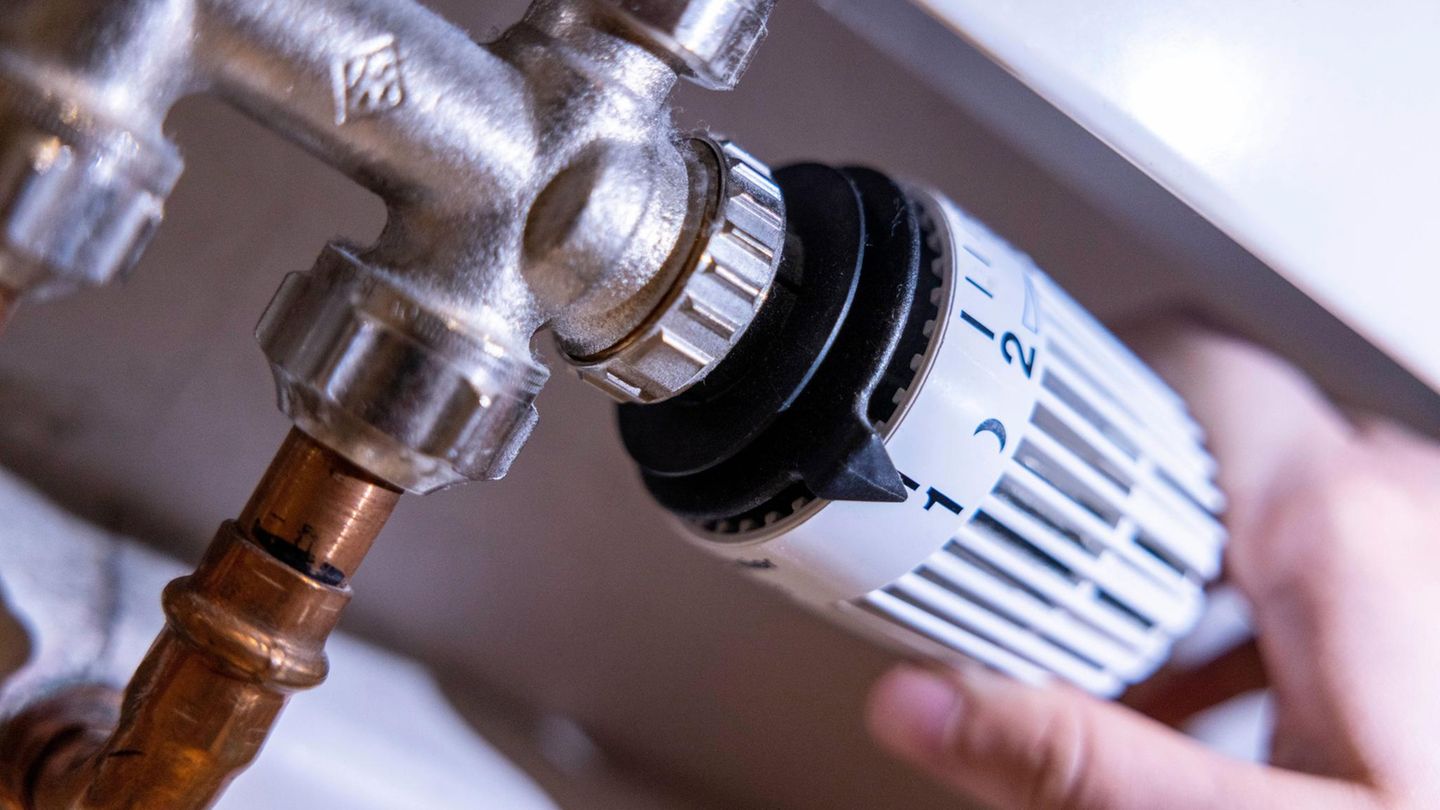The metal and electrical industry is heading for a charged round of wage negotiations in the autumn. Even before IG Metall has made its demands, the employers’ association Südwestmetall is dampening expectations.
Today, IG Metall is presenting its recommended demands for the upcoming wage negotiations in the autumn for the 3.9 million employees in the German metal and electrical industry. Before that, the union executive committee, headed by Christiane Benner, will discuss the recommendation.
In view of the rise in consumer prices, the union is likely to demand a significant increase in wages. Employers, on the other hand, argue that the tense economic situation in Germany does not allow for large wage and salary increases.
Employers demand zero wage increases
Employers in Baden-Württemberg are demanding a zero wage increase. The local negotiator, Harald Marquardt, recently justified this primarily with the poor economic situation of many companies and the danger that key industrial sectors will invest abroad in the future. “Every increase in labor costs therefore means an additional burden for companies. Investments in the future would be made more difficult and the pressure on jobs would increase,” said the deputy chairman of the influential employers’ association Südwestmetall.
IG Metall boss Benner rejects the Baden-Württemberg employers’ demand for a pay freeze: “This is a slap in the face of employees,” she told the “Süddeutsche Zeitung”. They had achieved enormous things during the Corona pandemic and in turbulent times of the wave of inflation and at the same time had to forego a lot. “And now they are being asked to pay freeze. I find that disrespectful of the employers.”
“If necessary, we will strike intensively”
IG Metall wants to enforce its wage demands through industrial action if necessary. “If necessary, we will strike intensively,” Benner told the paper. “We are of course prepared for everything in the wage negotiations: not just warning strikes, but also 24-hour strikes and ballots for indefinite strikes.”
The IG Metall board’s recommendation is not yet the final demand. This will be discussed in the regional collective bargaining committees in the coming weeks. The IG Metall board will then decide on the final nationwide demand at the beginning of July.
The first negotiations in the collective bargaining areas will take place by September 16 at the latest. The peace obligation ends on October 28 – warning strikes are therefore possible on October 29 at the earliest.
Source: Stern




